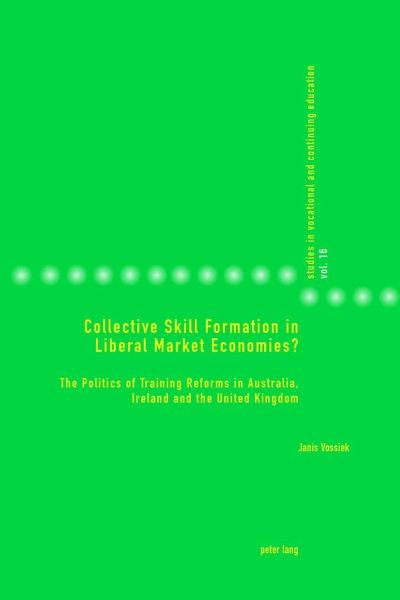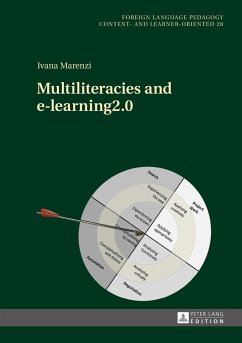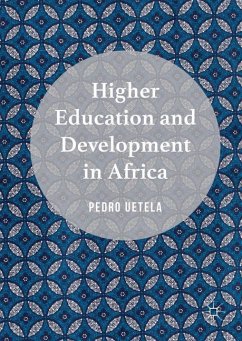
Collective Skill Formation in Liberal Market Economies?
The Politics of Training Reforms in Australia, Ireland and the United Kingdom
Versandkostenfrei!
Versandfertig in 6-10 Tagen
84,25 €
inkl. MwSt.

PAYBACK Punkte
0 °P sammeln!
The book captures the development and variety of vocational training institutions in Australia, Ireland and the United Kingdom since World War II from a comparative perspective. While all three countries have undertaken several attempts to reform training from classical craft apprenticeships towards modern dual apprenticeships, their reform processes have yielded divergent results: In the United Kingdom training became largely organized around a publicly financed "training market" with little influence for employers and unions in training politics. Conversely, the social partners were included...
The book captures the development and variety of vocational training institutions in Australia, Ireland and the United Kingdom since World War II from a comparative perspective. While all three countries have undertaken several attempts to reform training from classical craft apprenticeships towards modern dual apprenticeships, their reform processes have yielded divergent results: In the United Kingdom training became largely organized around a publicly financed "training market" with little influence for employers and unions in training politics. Conversely, the social partners were included in reform processes and the provision of training in Ireland and Australia, which enabled the development of dual apprenticeships. These differences, which have been largely neglected in political science and education studies alike, are explained by the interaction between partisan governments and organized interests. Only non-right governments managed to bring together employers and unions in training reforms, which was the main political prerequisite for the development of dual apprenticeships.














